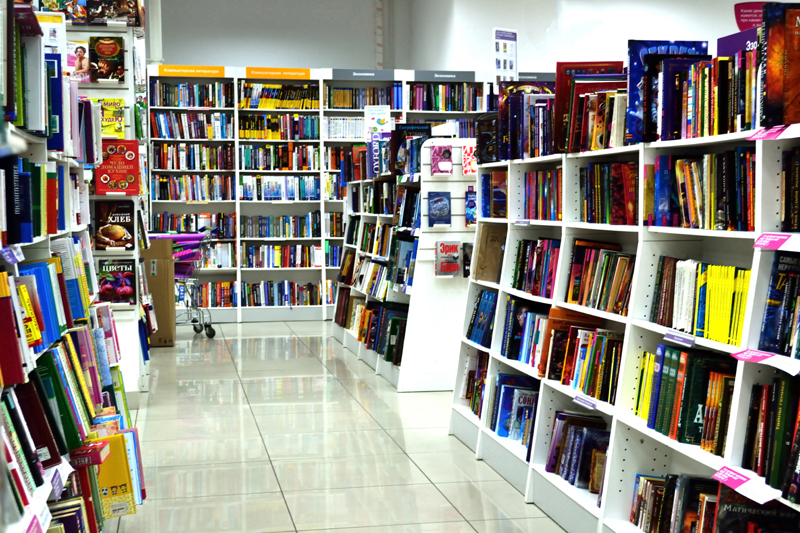Education Lite - The Impact of the Internet on Education

Do we turn education over to corporations who have the dollar clout to sponsor elaborate Web pages masquerading as educational sites? Max Frankel in his 1996 article, Media Mongrels wrote:
Psychologists have taught advertisers that young children are especially trusting of computer characters who address them by name and engage them in one-to-one conversation. The industry's research shows also that when children go on line they enter a "flow state" of total absorption in a challenging activity. Erica Gruen, of Saatchi & Saatchi Interactive, is quoted as certain that "there is nothing like it for advertisers to build relationships with kids."
Another concern about education and the Internet links home and school--homework help. This type of help is more than accessing an online encyclopedia and looking up a subject. It is making use of sites that are designed specifically to aid with homework. Some online services provide specific areas to assist with assignments, including the ability to send questions or homework problems via e-mail to experts in a subject area and receive responses in as little as three hours.
Questions of honesty and integrity immediately come to mind. Would the latch-key middle school student simply plug into one of these services and wait for answers to homework problems? A prime example of this situation is the plagiarism scandal in the Piper, Kansas, High School. Many parents stated that their young-adult students didn't know that it was wrong to copy information from the Internet. This scandal has highlighted some of the problems with attitudes toward information. Many view the Internet as a copyright free zone.
A larger concern arises. How do students, whose families cannot afford Internet access from home, compete academically with those whose families can afford cable or DSL Internet service?
It can be argued that any "good" school or library must have access to the Internet. Educators and librarians have unique interests in regard to the Information Superhighway. Some believe that students should be given a Ferrari and a map and allowed to zoom on to new horizons. Others are concerned that the rush to jump on the Internet Superhighway will lead to traffic jams in education.
In her book Education on the Internet, Jill H. Ellsworth proclaims of the Internet:
It is a powerful releaser of emotion, motivation, and engagement for students...Contacts around the world, in far away places, make any project more dynamic, and more interesting...Both teachers and students can be invigorated by the freshness and immediacy of the Net.
This is the view of many educators, parents, and politicians. The Internet is a good resource, but until there are books and other needed resources the Internet is a frill. Recently the Washington state library was threatened with closure. It was not seen as an educational necessity in a cash strapped state. One politician argued with the state's head librarian that anything he needed could be found on the Internet. The librarian asked him to show her an example. He immediately pulled up his favorite website--The Washington State Library webpage!
The rush to use the Internet in schools has created some concern. One is common to information provided by industries. Commercialism! How much of the information presented is merely a commercial for a product or corporation? Max Frankel in Media Mongrels decries:
Dozens of familiar companies aim to lure even preschool kids with puzzles and prizes and "personal messages" from the Nabisco Thing, the Colgate Tooth Wizard and my old friends, the Kellogg triumvirate of Snap! Crackle! and Pop!
While computer technology, and the Net are wonderful tools they are just that--tools. Shakespeare could write, Verdi could compose, and Rubens could paint without access to the Internet. Their creativity was not stifled. Creative teachers also can do without the Internet.
Access to up-to-date information from around the world may assist in a lesson. Computer technology allows us to do many tasks faster and with greater ease and accuracy. Once the Internet becomes an end in itself it ceases to be a tool.
In his article Surfing the Net for "Education Lite," Barrett L. Mosbacker expresses concerns when the Net takes on "a messianic quality":
If we encourage students to become addicted to instantaneous bits of information, free of context and logical coherence, they will be ill-equipped for the rational dialog and analysis required for citizens in a civil and literate culture. Modern technology cannot substitute for a thorough reading of the great classics in literature, philosophy, and political history. Being technologically advanced and sophisticated is not the same thing as being literate and civilized.
The quality of information on the Internet should not be taken at face value. Information is not "true" simply because it is on the Net. Educators can utilize the Internet to teach how to evaluate information, judge what is credible and what is false.
Just as with the home, in school the Superhighway can take children to many wonderful places. There are also many pot holes that can cause injury. It is our responsibility to give guidance on how to safely surf the Net.
For more information on copyright see Education and Copyright.
You Should Also Read:
Professional Development
Copyright Law and Fair Use

Related Articles
Editor's Picks Articles
Top Ten Articles
Previous Features
Site Map
Content copyright © 2023 by Paula Laurita. All rights reserved.
This content was written by Paula Laurita. If you wish to use this content in any manner, you need written permission. Contact Christine Sharbrough for details.


